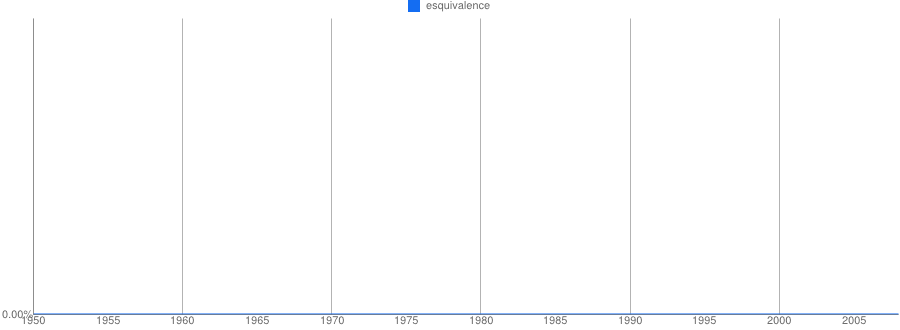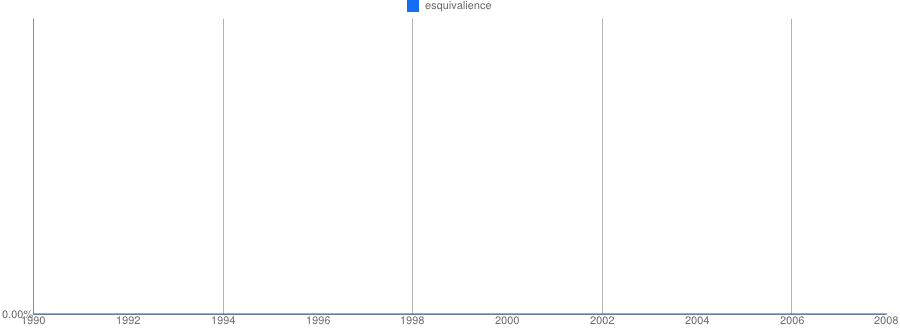Today, I came across WP's entry for the word esquivalience:
"Esquivalience" is a fictitious entry in the New Oxford American Dictionary (NOAD), which was designed and included to protect copyright of the publication.
The word was invented by Christine Lindberg, one of the editors of the NOAD and discovered by Henry Alford.
It was leaked that the dictionary had put in a fake word in the letter "e" and Alford set out to find the word. It was discovered after review of a short list by several experts. When the editor, Erin McKean, was contacted she admitted that it was indeed a fake word and had been in since the first edition, in order to protect the copyright of the CD-ROM edition.
The word is defined as "the willful avoidance of one's official responsibilities."
The first edition of the NOAD was published back in 2001 and two more have since seen print. Eleven years later, the word continues to be defined as a legitimate entry on ODO, Google, and going by the WP article, in the print editions. Is it now considered an authentic word? Or are OUP esquivaliently demonstrating the use of their esquivalience?


